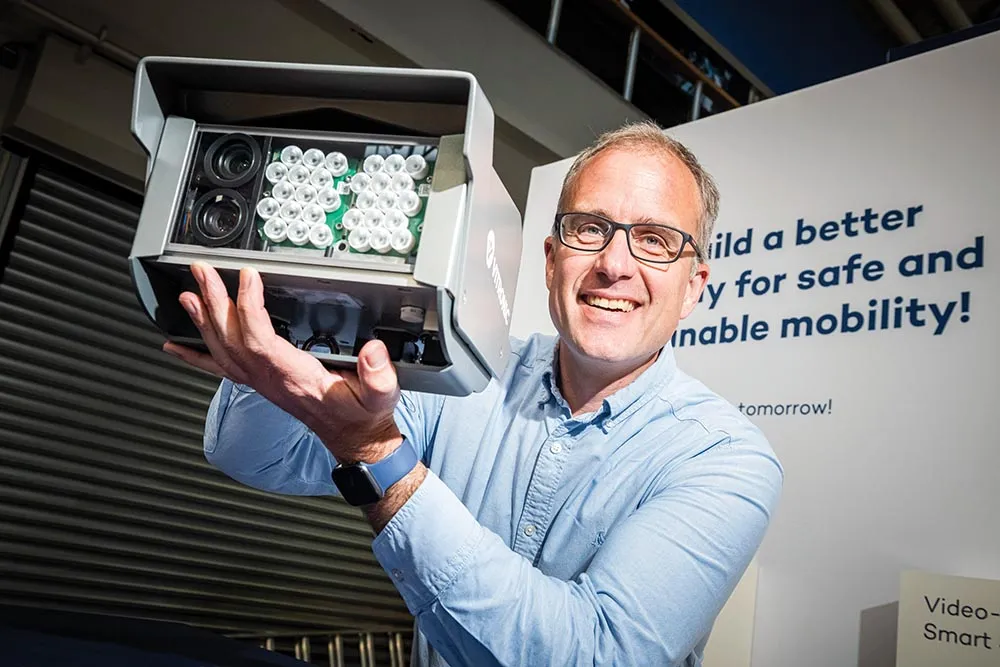US rail industry officials and federal accident regulators have disagreed about the viability of a looming mandate that most US railways be equipped with automated control systems by the end of next year.
Congress is requiring that most major railroad companies install automated systems known as positive train control (PTC) by December 2015.
Automated train systems have gained renewed attention after a spate of high-profile accidents on passenger and freight railways, including most recently a December derailment of a freight train in North Dakota that resulted in 400,000 gallons of crude oil being spilled.
The law requiring the implementation of automated train control systems by 2015 has been on the books since 2008.
However, Association of American Railroads President Ed Hemberger told members of the Senate Commerce, Science and Transportation Committee that the automated systems have proven to be more difficult to install than regulators imagined.
"PTC is an unprecedented challenge, both in terms of the technologies to be used and the integration of those technologies," Hemberger told the panel in testimony submitted before Thursday's hearing.
"The railroad industry began working several years ago with the
Hemberger said the railroads were in agreement with federal regulators about the importance of installing automated train control systems to boost safety. But the rail association chief said the only solution to the challenges facing the train industry was to push back the 2015 deadline for them to automate.
"The bottom line is that without further changes to the FCC approval process, the timeline for ultimate deployment of PTC will be delayed significantly," Hemberger said.
"Implementation of PTC systems was included on the NTSB’s Most Wanted List when the list was First published in 1990 and has remained on the list almost continuously since that time," Hart said. "We may never eliminate human error from the railroad system, but PTC provides a level of redundancy to protect trains and those on board when human factors, such as distraction or fatigue, might otherwise set an accident sequence into motion."
Rail industry, regulators debate feasibility of PTC
US rail industry officials and federal accident regulators have disagreed about the viability of a looming mandate that most US railways be equipped with automated control systems by the end of next year.
Congress is requiring that most major railroad companies install automated systems known as positive train control (PTC) by December 2015.
Automated train systems have gained renewed attention after a spate of high-profile accidents on passenger and freight railways, including most recently a Decem
March 10, 2014
Read time: 3 mins









